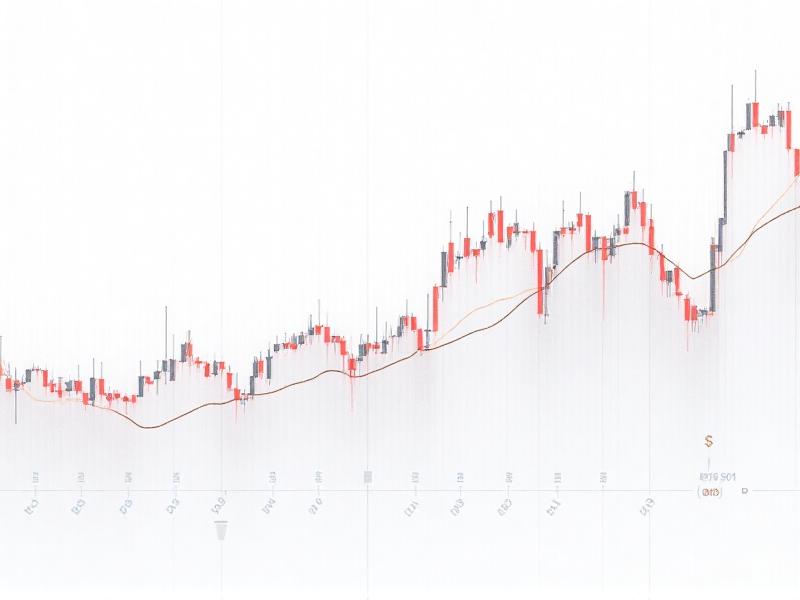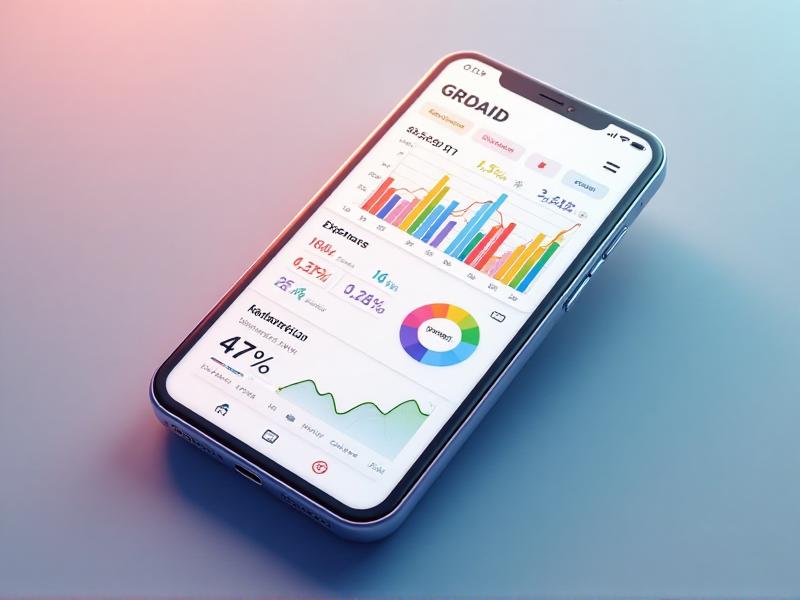
How to Invest in Real Estate Without Buying Property

How to Use Blockchain for Identity Verification

How to Use ETFs for Environmental, Social, and Governance (ESG) Investing

How to Invest in Value Stocks for Long-Term Gains
How to Use Digital Wallets for Secure Transactions
Apr 24, 2025 By Juliana Daniel
Understanding Digital Wallets: A Modern Solution for Secure Transactions
In today's fast-paced digital world, the way we handle money has evolved significantly. Digital wallets have emerged as a convenient and secure alternative to traditional payment methods. But what exactly is a digital wallet? At its core, a digital wallet is a software-based system that securely stores your payment information, such as credit card details, bank account numbers, and even cryptocurrency. It allows users to make transactions quickly and efficiently, whether online or in-store.
One of the primary advantages of digital wallets is their ability to streamline the payment process. Instead of fumbling for cash or swiping a physical card, users can simply tap their smartphone or use a QR code to complete a transaction. This not only saves time but also reduces the risk of losing physical payment methods. Additionally, digital wallets often come with built-in security features, such as encryption and tokenization, which protect your sensitive information from unauthorized access.
How Digital Wallets Enhance Security in Transactions
Security is a top concern for anyone making transactions online or in person. Digital wallets address this concern by incorporating advanced security measures that go beyond what traditional payment methods offer. One of the key features of digital wallets is encryption. When you enter your payment information into a digital wallet, it is encrypted, meaning it is converted into a code that can only be deciphered by authorized parties. This ensures that even if your data is intercepted, it remains unreadable to hackers.
Another security feature commonly found in digital wallets is tokenization. Tokenization replaces your actual payment details with a unique identifier, or "token," during transactions. This means that your sensitive information is never exposed, even to the merchant. Furthermore, many digital wallets require biometric authentication, such as fingerprint or facial recognition, to authorize transactions. This adds an extra layer of security, ensuring that only you can access and use your digital wallet.
Popular Digital Wallet Platforms and Their Features
There are numerous digital wallet platforms available today, each offering unique features and benefits. Some of the most popular include Apple Pay, Google Pay, PayPal, and Samsung Pay. Apple Pay, for instance, is seamlessly integrated into Apple devices, allowing users to make payments with just a tap of their iPhone or Apple Watch. It also supports peer-to-peer payments through Apple Cash, making it easy to send money to friends and family.
Google Pay, on the other hand, is compatible with both Android and iOS devices, offering a versatile solution for a wide range of users. It also integrates with Google's ecosystem, allowing users to store loyalty cards and transit passes in addition to payment information. PayPal is a pioneer in the digital wallet space, known for its robust security features and widespread acceptance among online merchants. Samsung Pay stands out for its unique Magnetic Secure Transmission (MST) technology, which allows it to work with traditional card readers, making it more versatile than other digital wallets.
Setting Up and Using a Digital Wallet for the First Time
Getting started with a digital wallet is a straightforward process. First, you'll need to download the app for the digital wallet platform of your choice from the App Store or Google Play Store. Once installed, open the app and follow the on-screen instructions to set up your account. This typically involves entering your payment information, such as credit card or bank account details, and verifying your identity through a secure process.
After setting up your digital wallet, you can start using it for transactions. To make a payment in-store, simply unlock your smartphone and hold it near the contactless payment terminal. For online purchases, select the digital wallet option at checkout and authorize the payment using your device's biometric authentication. Many digital wallets also allow you to send money to others, split bills, and even track your spending, providing a comprehensive financial management tool right at your fingertips.
Tips for Maximizing Security When Using Digital Wallets
While digital wallets are inherently secure, there are additional steps you can take to further protect your information. First and foremost, always use strong, unique passwords for your digital wallet accounts and enable two-factor authentication if available. This adds an extra layer of security by requiring a second form of verification, such as a code sent to your phone, before accessing your account.
Another important tip is to keep your device's operating system and digital wallet app up to date. Updates often include security patches that protect against newly discovered vulnerabilities. Additionally, be cautious when using public Wi-Fi networks, as they can be a hotspot for hackers. If you must make a transaction on a public network, consider using a virtual private network (VPN) to encrypt your connection. Finally, regularly monitor your transaction history for any unauthorized activity and report any suspicious charges to your digital wallet provider immediately.
The Future of Digital Wallets: Trends and Innovations
As technology continues to advance, the future of digital wallets looks promising. One emerging trend is the integration of digital wallets with other financial services, such as budgeting tools, investment platforms, and even insurance. This creates a more holistic financial ecosystem that allows users to manage all aspects of their finances from a single app. Another innovation on the horizon is the use of blockchain technology to enhance the security and transparency of digital wallet transactions.
Additionally, the rise of wearable technology is expected to further expand the capabilities of digital wallets. Smartwatches, fitness trackers, and even smart glasses could become the next frontier for contactless payments. Furthermore, as the adoption of cryptocurrencies grows, digital wallets are likely to play a crucial role in facilitating their use in everyday transactions. With these advancements, digital wallets are poised to become an even more integral part of our financial lives, offering greater convenience, security, and functionality than ever before.

How Blockchain is Revolutionizing Finance

How to Use Futures Contracts for Hedging

How to Use Options for Income Generation

How to Use Budgeting Apps to Manage Your Money

Unforgettable Pilgrimages: Top Temples in Andhra Pradesh

How to Use Robo-Advisors for Retirement Planning

The Role of Research in Making Informed Investments

A Comprehensive Guide to Trading Options in Roth IRAs
Advertisement
